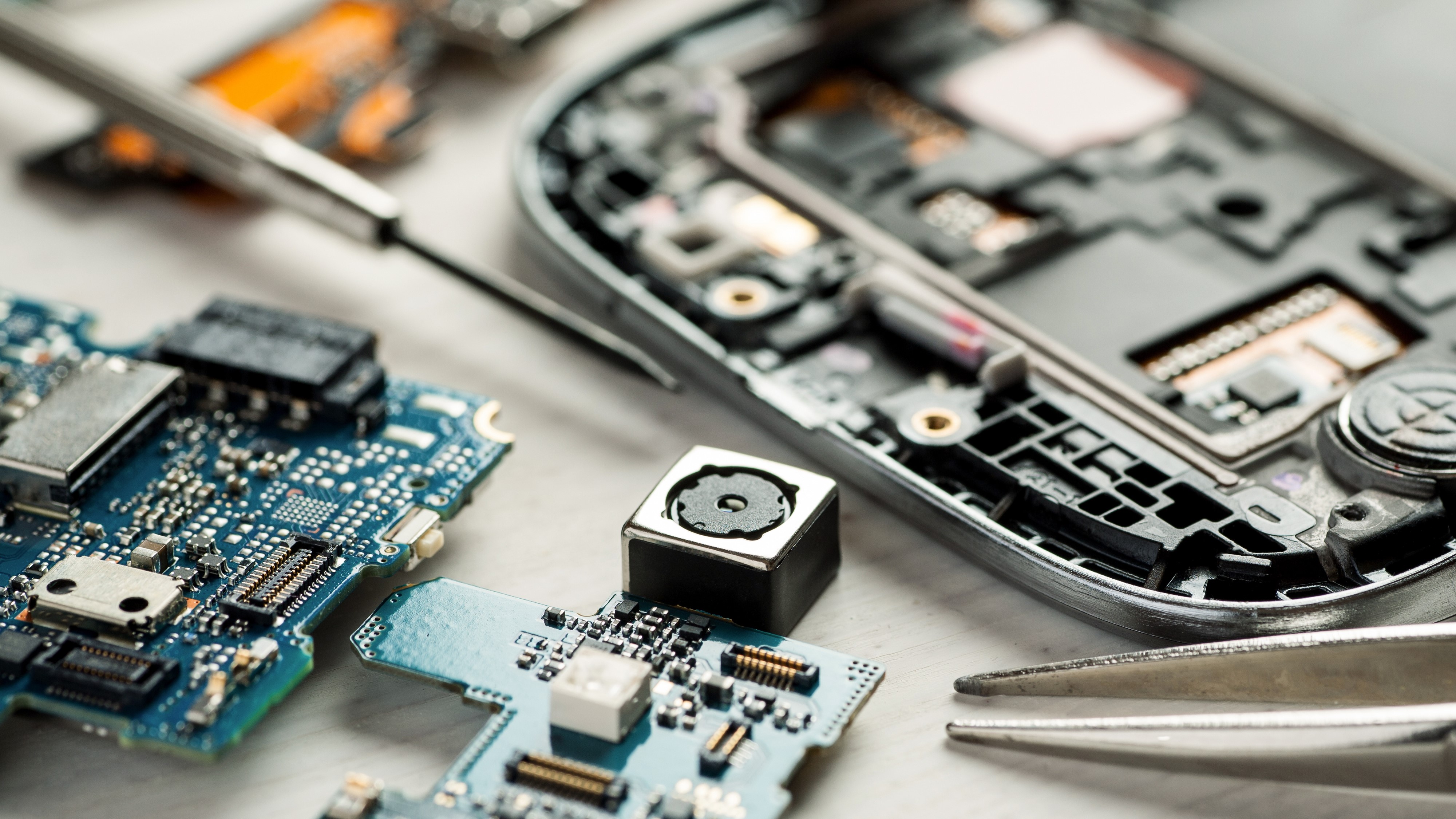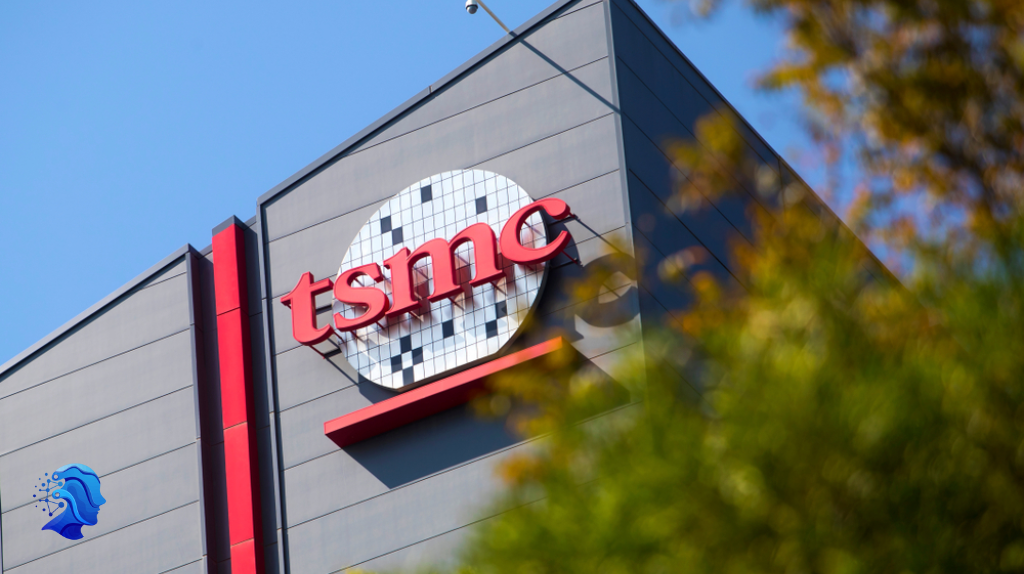
(Bloomberg) -- Taiwan Semiconductor Manufacturing Co. discovered this month that chips it made for a specific customer ended up with Huawei Technologies Co., a potential violation of US sanctions intended to sever the flow of technology to a Chinese national champion.
TSMC halted shipments to the client around mid-October after it realized semiconductors fabricated for that entity had found their way into Huawei products, a person with direct knowledge of the matter said. The chipmaker has since notified the US and Taiwanese governments and is investigating the matter more thoroughly, the person said, asking not to be identified discussing a sensitive situation.
It’s unclear whether the TSMC client was acting on Huawei’s behalf, or where it’s based. But the incident sheds new light on reports that surfaced in past days, including from The Information, that Washington reached out to TSMC recently about whether the company had produced chips for the blacklisted Chinese company.
TSMC’s discovery raises questions about how Huawei, considered China’s best hope of ascending the semiconductor industry, got its hands on advanced chips. Research firm TechInsights recently discovered that Huawei’s latest AI servers contained processors made by TSMC, Nvidia Corp.’s most important manufacturing partner.
Huawei has been on a sanctions list since 2020 and is barred from doing business with TSMC and its chipmaking peers without a US government license. In the past year, Huawei has relied on local partner Semiconductor Manufacturing International Corp. for production, including a 7-nanometer chip unveiled last August in a Huawei smartphone.
But US officials have questioned SMIC’s ability to make 7-nm chips at scale. Huawei’s use of TSMC output for its latest AI chips may be a sign that reinforces that narrative. The Taiwanese chipmaker has said it stopped all shipments to Huawei after Sept. 15, 2020, which the company reiterated when asked about the TechInsights report.
A TSMC representative declined to comment on the latest development. A Huawei spokesperson had no immediate comment when contacted by Bloomberg News. On Tuesday, a US Commerce Department spokesperson said the agency’s Bureau of Industry and Security is “aware of reporting alleging potential violations of US export controls.”
“TSMC is a law-abiding company, and we are committed to complying with all applicable rules and regulations, including applicable export controls,” the company said in its emailed statement Tuesday. “We proactively communicated with the US Commerce Department regarding the matter in the report. We are not aware of TSMC being the subject of any investigation at this time.”
In a separate statement, Huawei said Tuesday it hasn’t “produced any chips via TSMC after the implementation of the amendments made by the US Department of Commerce to its FDPR that target Huawei in 2020.” FDPR refers to the foreign direct product rule — a US trade restriction.
Taiwan respects US export control measures and will communicate this fully to TSMC, Minister of Economic Affairs J.W. Kuo told reporters on Wednesday.
BIS officials had met with TSMC executives in mid-October about issues related to the chipmaker’s supply chain, including whether third-party distributors may provide China access restricted technology, according to another person familiar with the matter, who described that meeting as collaborative. It was unclear if they touched on the client discovery.
AI accelerators — chips used to develop artificial intelligence models — have become a prized commodity in the tech industry.
Santa Clara, California-based Nvidia uses TSMC to produce its market-leading versions, driving its sales and valuation in the past two years. The US has limited exports of cutting-edge Nvidia chips to China, and Huawei is offering its accelerators as a domestic alternative.
Huawei’s 910 — the precursor to the 910B — was in production in 2019, before the US government expanded sanctions on the Chinese telecom giant. Huawei stockpiled TSMC components around that time, which allowed the company to use a TSMC 5-nm chip, which is a generation ahead of 7-nm, in a laptop released late last year.

TSMC Cuts Off Client After Discovering Chips Sent to Huawei
(Bloomberg) -- Taiwan Semiconductor Manufacturing Co. discovered this month that chips it made for a specific customer ended up with Huawei Technologies Co., a potential violation of US sanctions intended to sever the flow of technology to a Chinese national champion.Most Read from BloombergThe...



/cloudfront-us-east-2.images.arcpublishing.com/reuters/2ORQBWYOUNMWBIRCUZWYXDVAOE.jpg)


